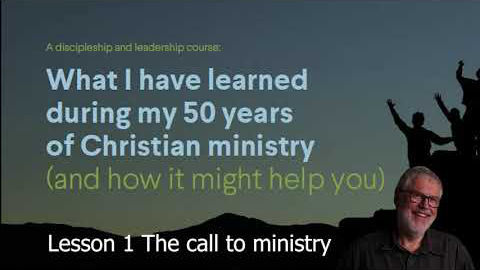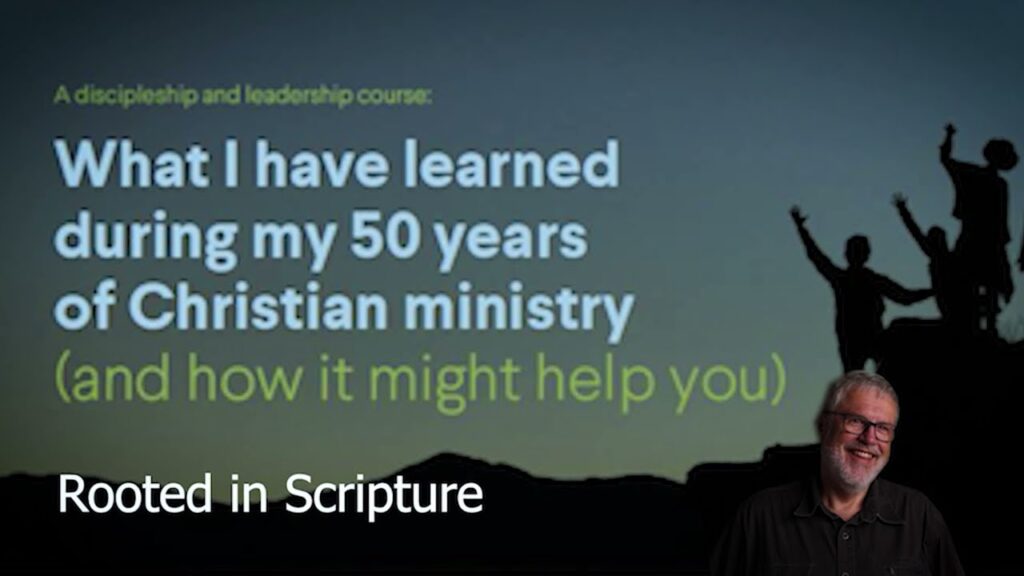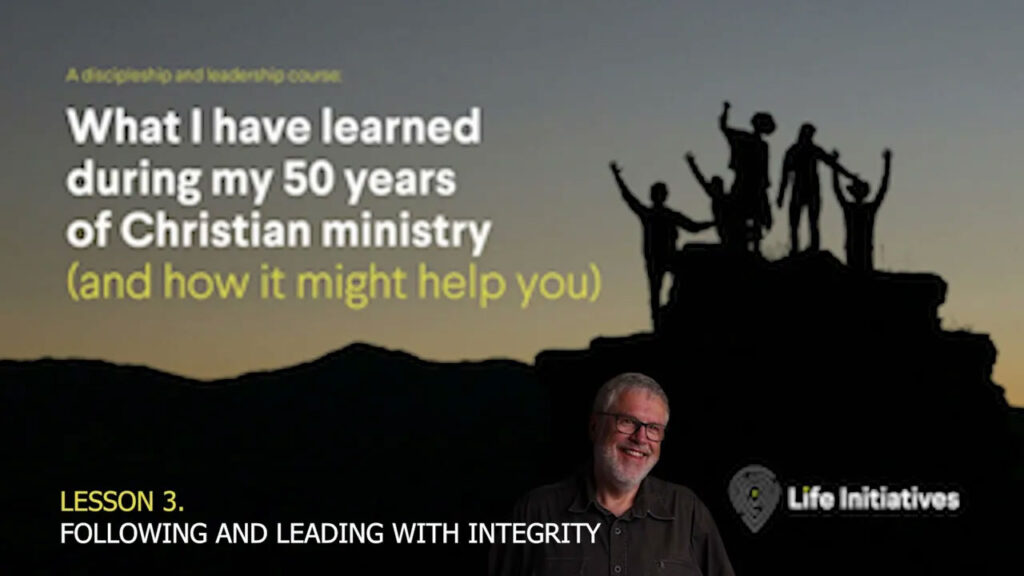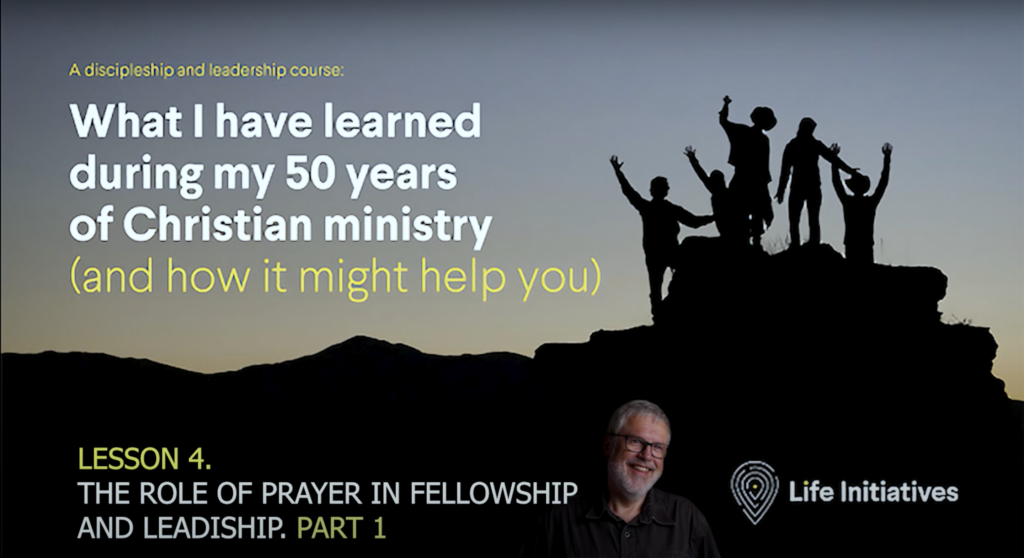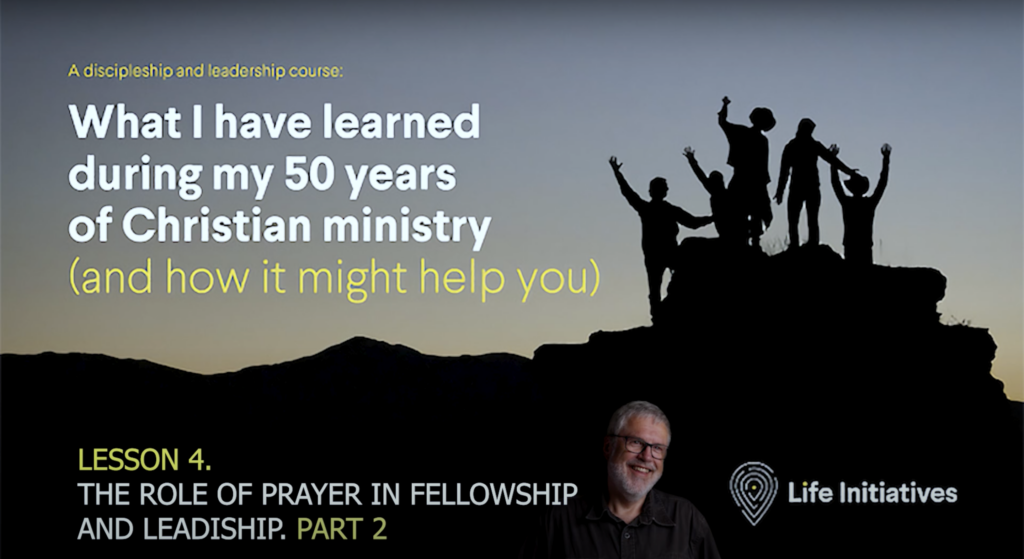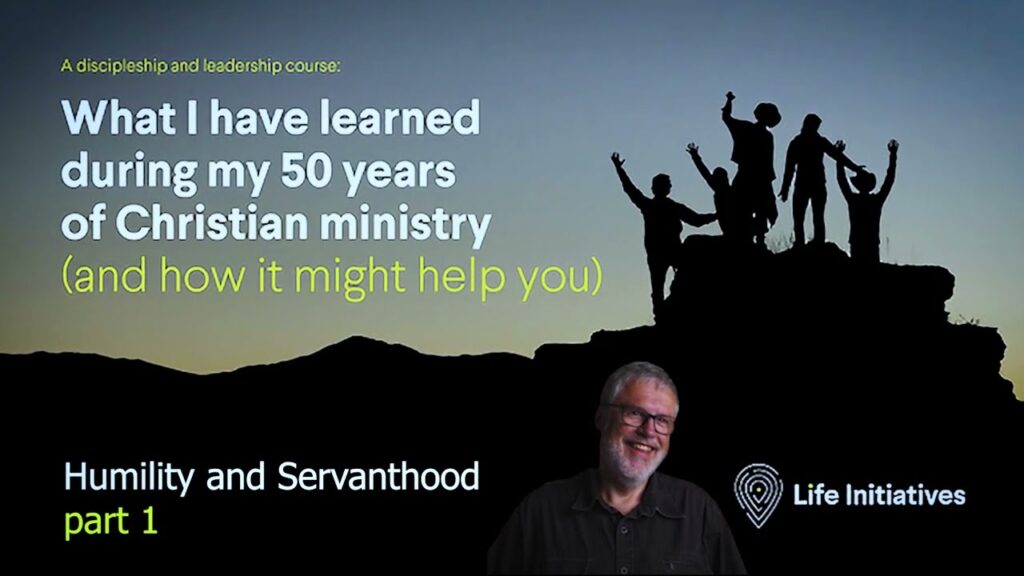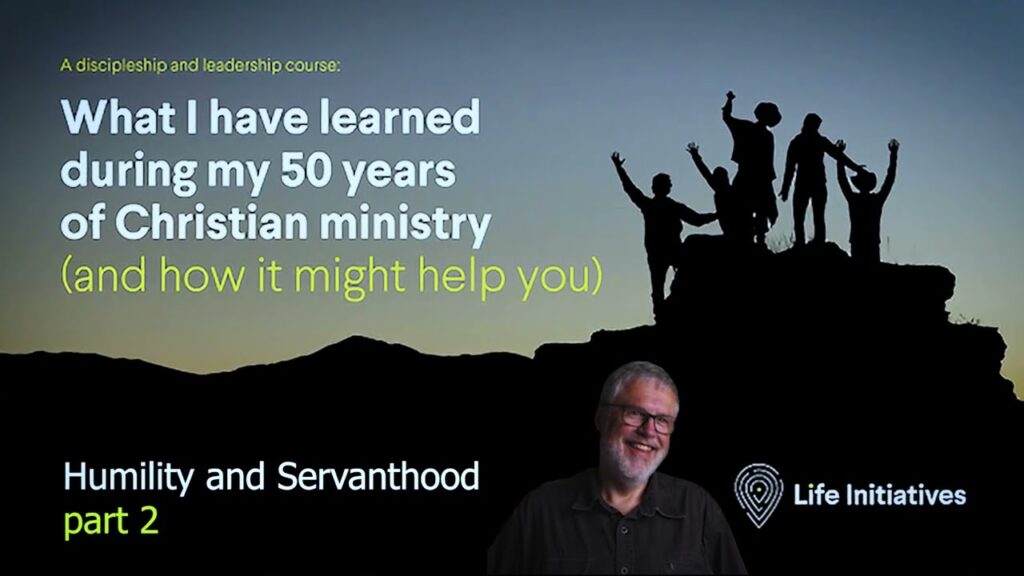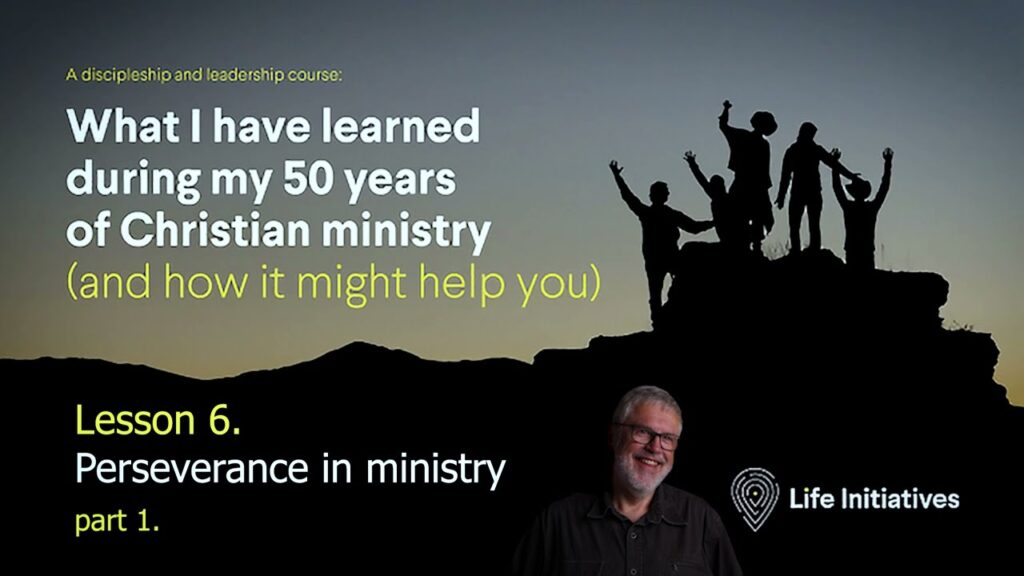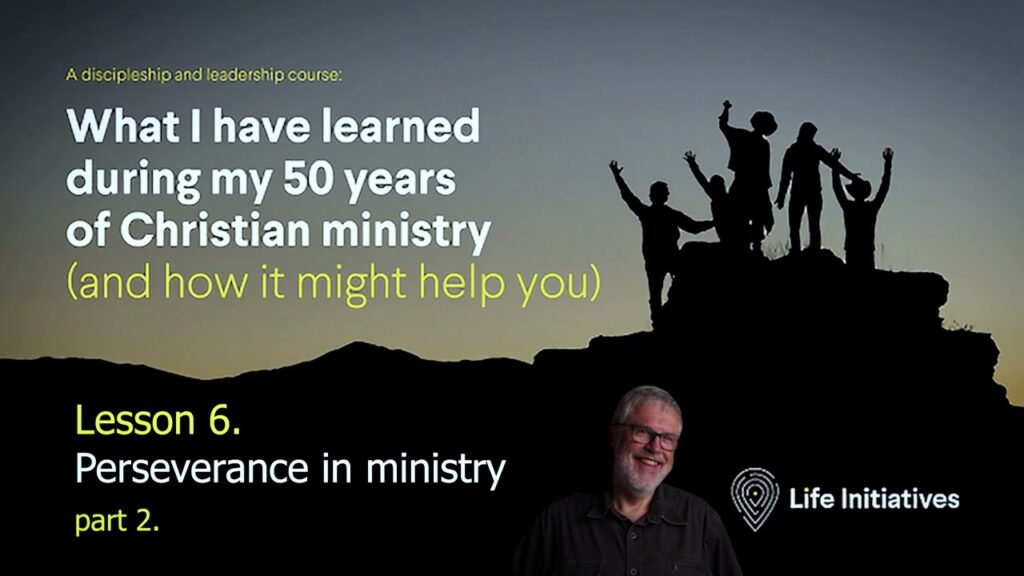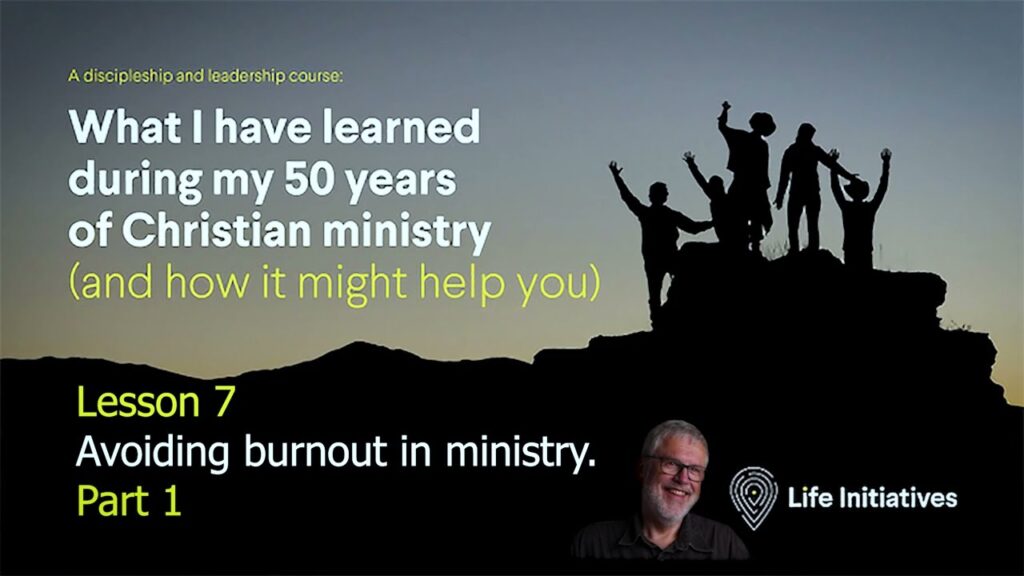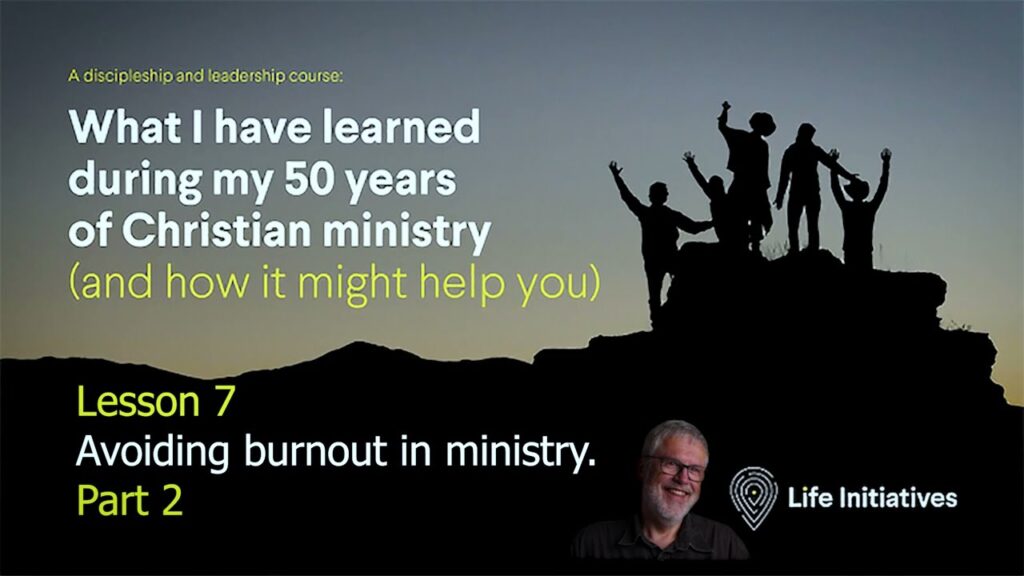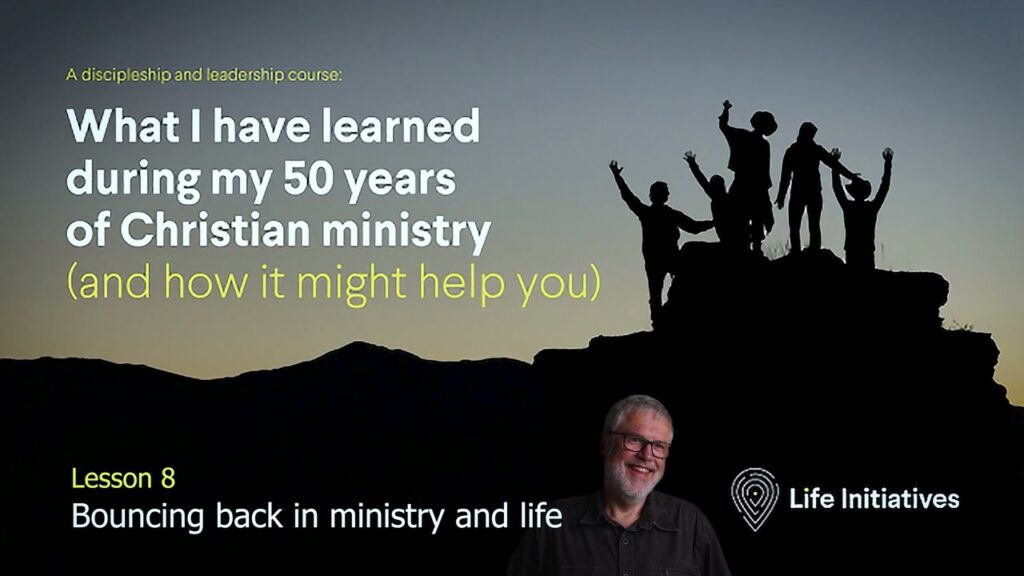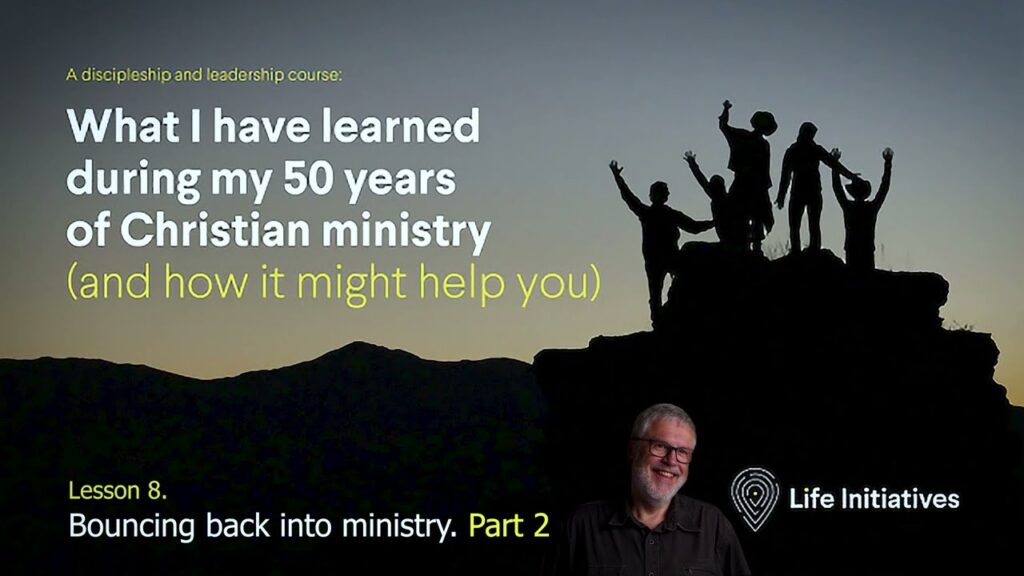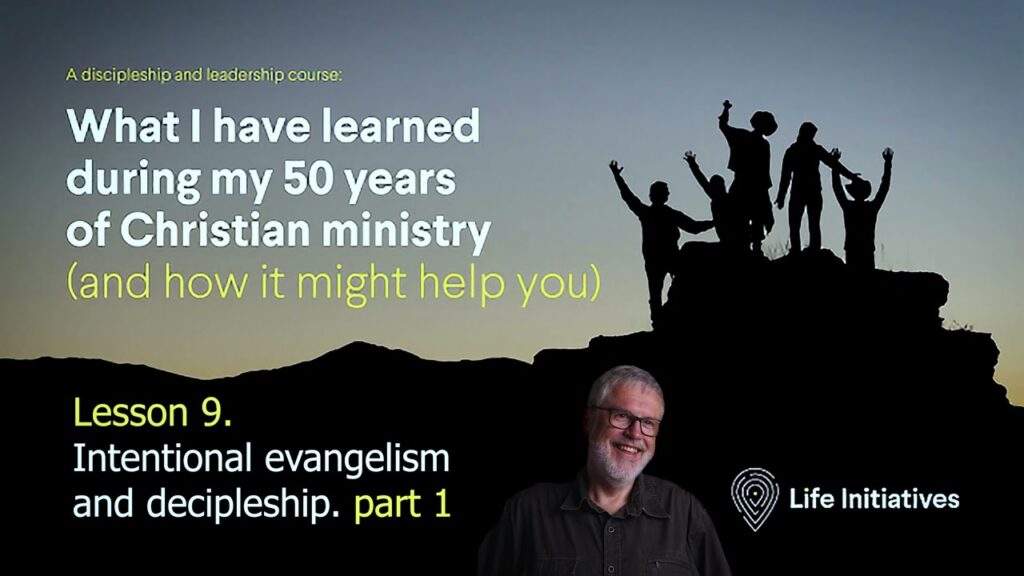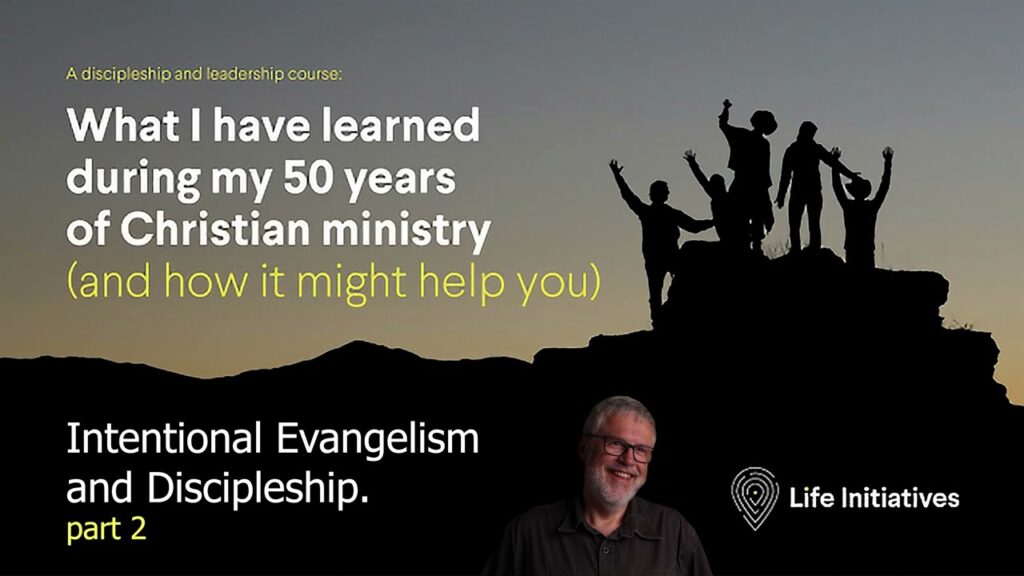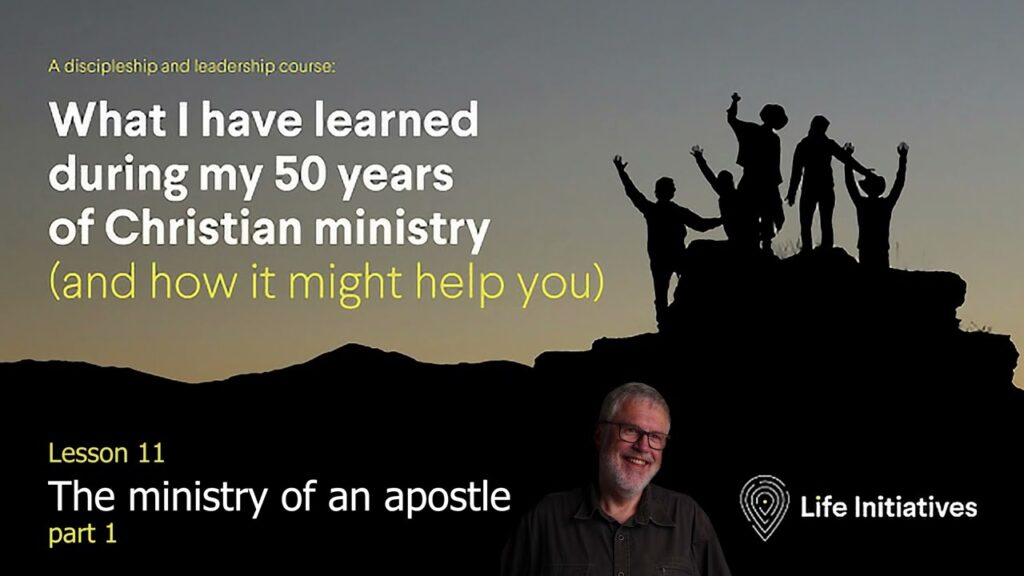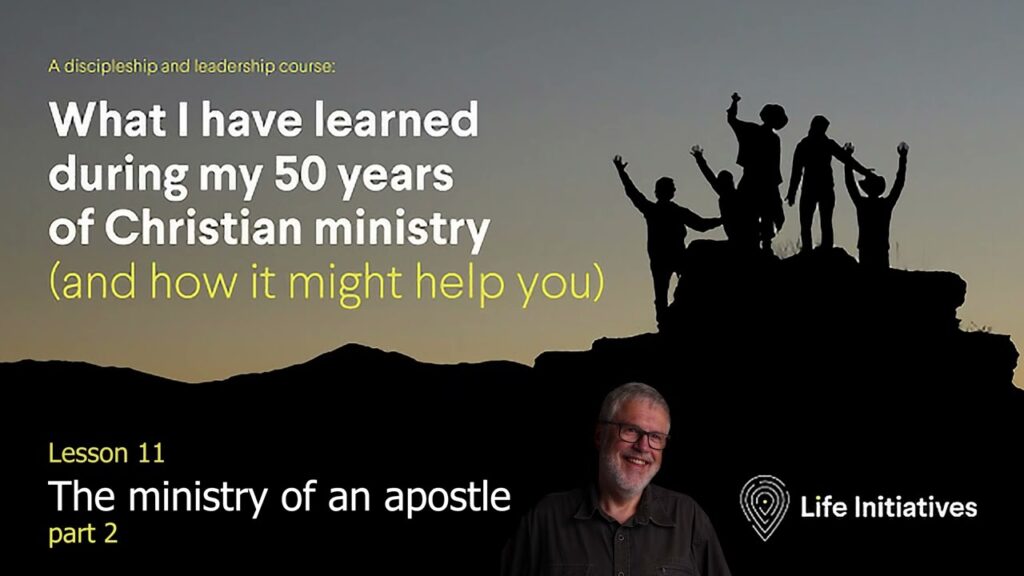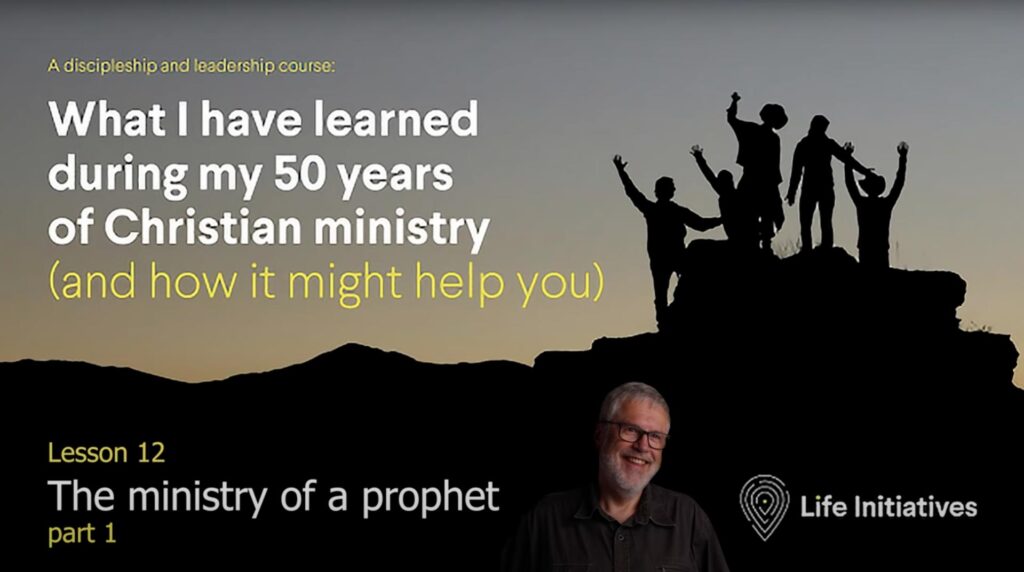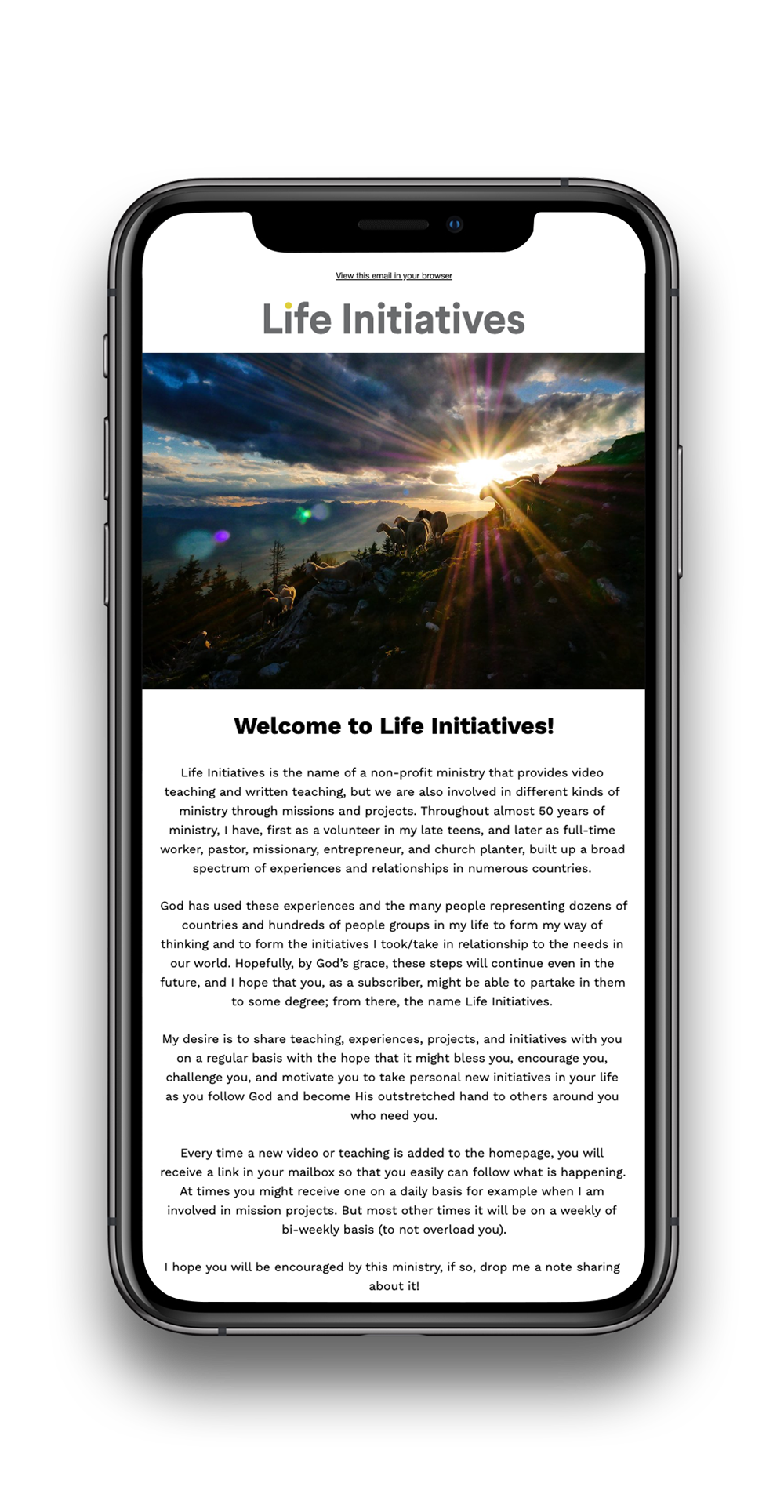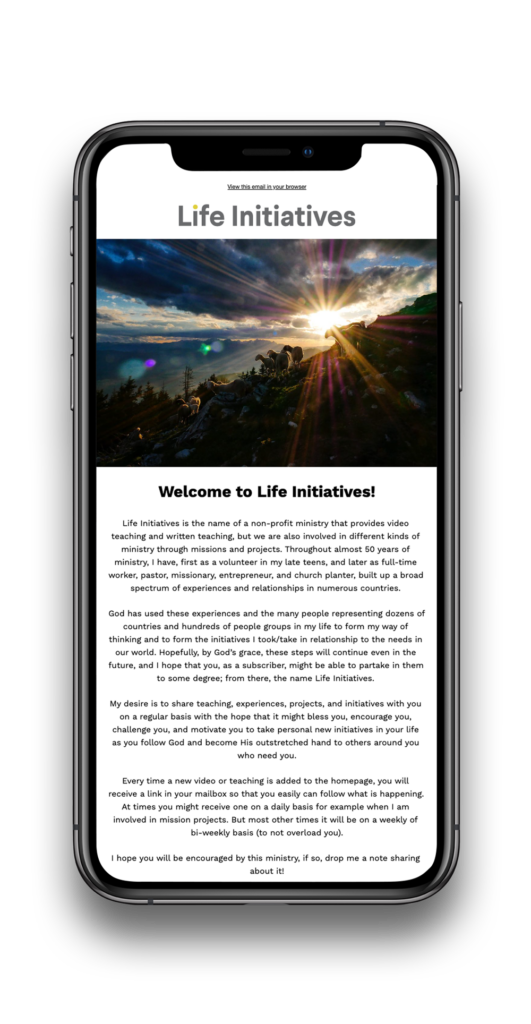Take steps in growth in the discipleship and leadership course
This discipleship and leadership course is designed to deepen your walk with God and equip you to lead others with integrity and faith. Drawing from five decades of ministry experience, the course offers practical insights, personal stories and Bible-based lessons to help you navigate life’s highs and lows. Whether you’re new to leadership or looking to grow in your current role, expect an interactive, community-driven journey that encourages and equips you to discover and fulfill God’s calling on your life.
Discipleship and Leadership course for Christian Ministry. A once a week, 26 week course in Fridhemskyrkan, Bergsgatan 59, Stockholm. Introduction to the course based on child/siblings/parents concept or servant/co-worker/leader concept as growing into spiritual maturity.
The call to ministry is based on the life and calling of the prophet Jeremiah. I address the tension between the person Jeremiah and the prophet Jeremiah from Jeremiah Chapter 1. The tension and, at times, internal fight with - and consequences of a calling are part of our journey in following Jesus Christ and His mission for each one of us.
Today we will look at the importance of being rooted in the Scripture. When studying apostasy or backsliding in the Bible, we find that the most examples of this are found in the book of Judges. While pursuing cultural relevance in our approach to explain the Bible, we find that it is not the answer. Relevance is a tool; gospel proclamation is the goal. When we pursue relevance as the goal, it leads to a disastrous change in what church is all about!
We dive into the meaning and characteristics of the concept of integrity, and we look at two of the three characters in the Bible who are called men of integrity. David, who is one of them, becomes our foremost example and we follow him in his downhill journey as he allows temptations to lead him away from following God whole halfheartedly.
In this first part of lesson 4, I address the aspects of Adoration, Confession, Thanksgiving and Supplication as basis of the practice and ministry of prayer.
In part 2 of lesson 4, I address learning how to pray together, prayer for leaders/pastors, praying in the Spirit and aspects of the spiritual warfare when unity is under attack.
I address the subject of humility and servanthood, a vastly misunderstood subject. That can bring a lot of discussion and frustration. Especially as we, in the West, are so focused on having and exercising our rights and to pursue the importance of our self-esteem, independence and self-realization.
Today we will look at some of these concepts based on a Biblical perspective.
In this video we address a more in-depth look at the final words of the apostle Paul to the elders of the church in Ephesus in Acts chapter 20 which explain servanthood and humility in ministry in the best possible way.
I address the idea of perseverance and how we in our present day have undermined the ability to persevere in our daily lives. We also look at Rev 2: 1-5, the only instance I found where perseverance is not only considered a positive approach.
In part 2 of this series I address the subject from the perspective of the apostle Paul. At the end I give a short introduction to how different present generations can be reached through this subject.
I address the concept of burnout, and we identify the different burnout situations, from there we look at Biblical examples of burnout.
I address some examples of burnout from the Bible and we will look at what Jesus did when under pressure.
All of us fail, all of us miss out on given opportunities, all of us sin or carry consequences of sin initiated by ourselves or others. How do we deal with those and how do we bounce back. Besides personal experiences, we walk along with Joseph through his life in the Bible and learn from the way he bounced back.
Based on Mark 14 where Jesus tells his disciples that all will fall away, I address the subject of bouncing back as we see how Jesus responds to his disciples as they have actually fallen away, as they betrayed, renounced and left Him. He waits for them at the other side of betrayal and restores them.
In this lecture I address the process of evangelism, receptivity and a strategic approach based on the Oikos (household) principle in Bible. We explore the different dimensions of ministry: presence, prayer, practice and proclamation as we seek the welfare of the city where God carried us (led us).
In this lesson we continue to address different aspects of evangelism and the Oikos principle. Sharing our need for being "lovers of strangers" and a welcoming community for all.
In this lesson we have an introduction to the concept of the five fold ministry as found in Ephesians 4: 11 - 15 where the ministry offices of the apostle, prophet, evangelist, teacher and pastor are addressed. In the following lessons we will address the five mentioned separately in depth.
We look in depth to the office / ministry of the apostle described in Ephesians chapter 4 as being part of the five-fold ministry given to the Church. We look at the role of an apostle and compare the calling and functions of an apostle with the other offices (prophet, evangelist, teacher and pastor/shepherd). I give arguments against those who believe that these five offices were not needed anymore after the Early Church.
The. continuation of lesson 1, with relevant and very practical applications relating to the Biblical principles and characteristics of an apostolic ministry. I derive these examples from the many years of ministry in the planting of churches and the start and forming of a church planting network.
I give a Biblical background to the ministry of the prophet, starting from the Old Testament. A reflection about the differences of the OT prophet and the NT prophet based on the different covenants.

